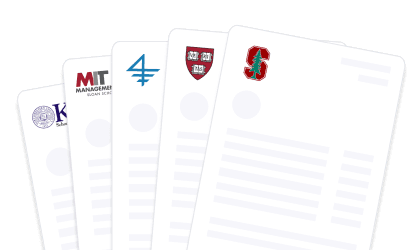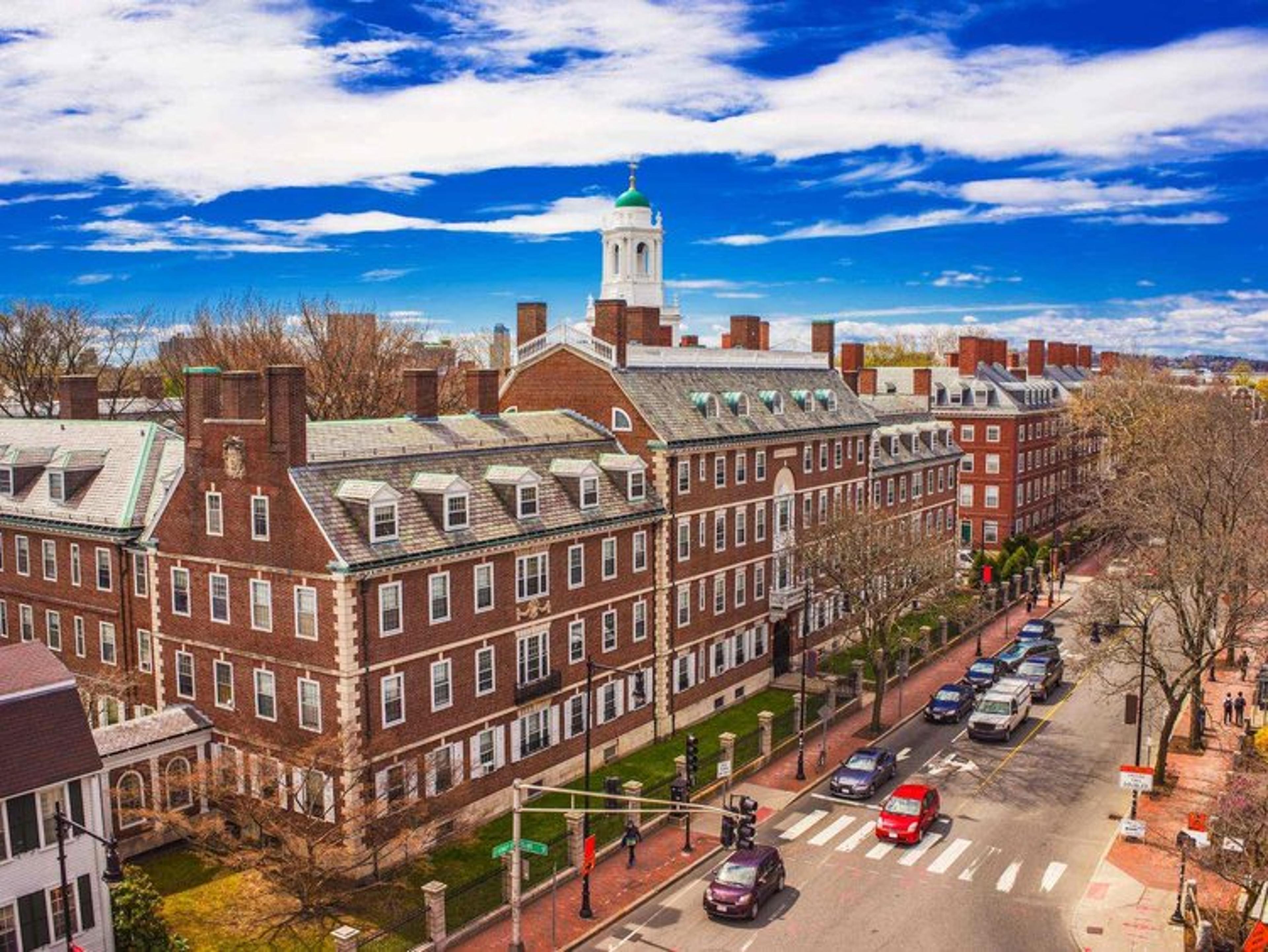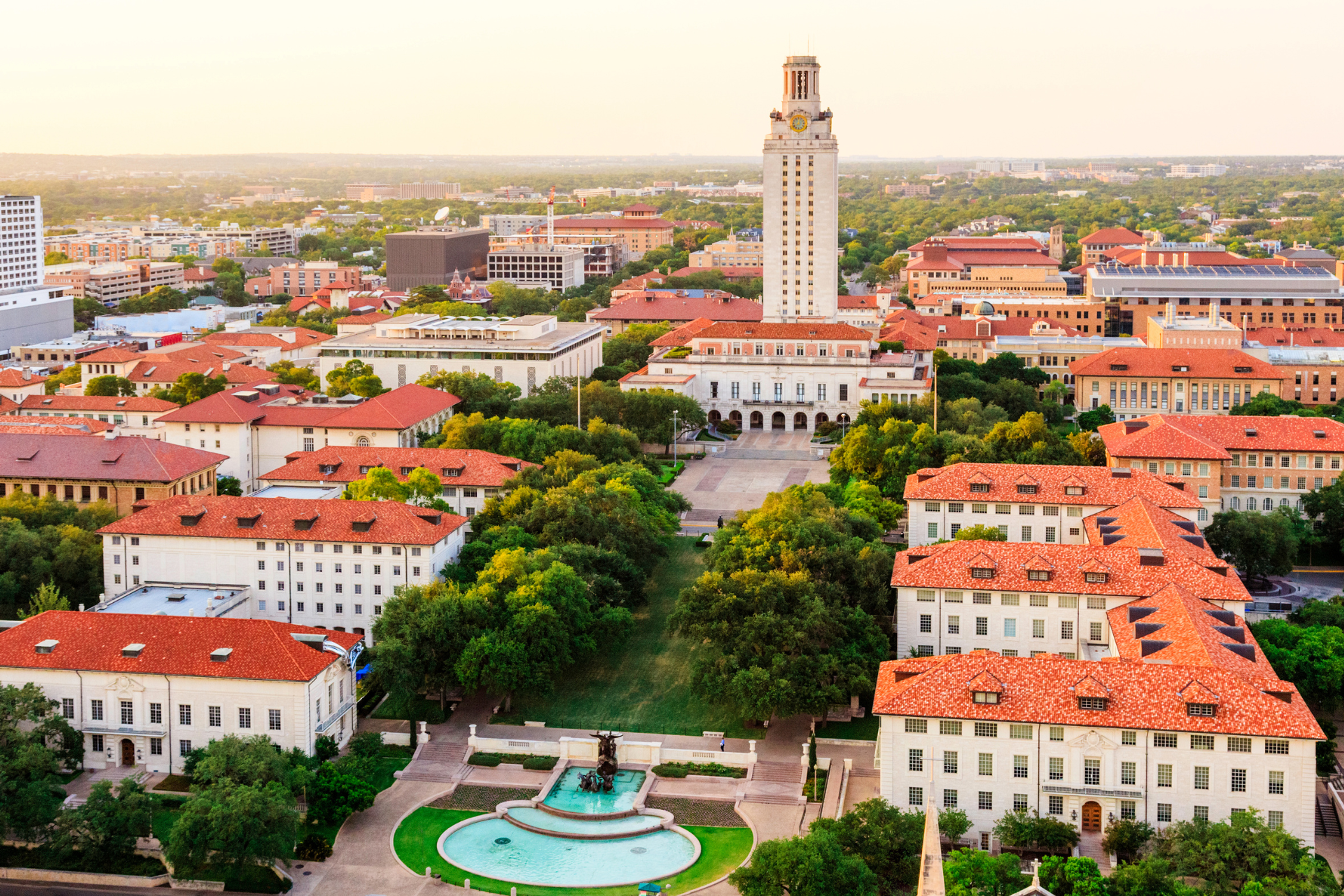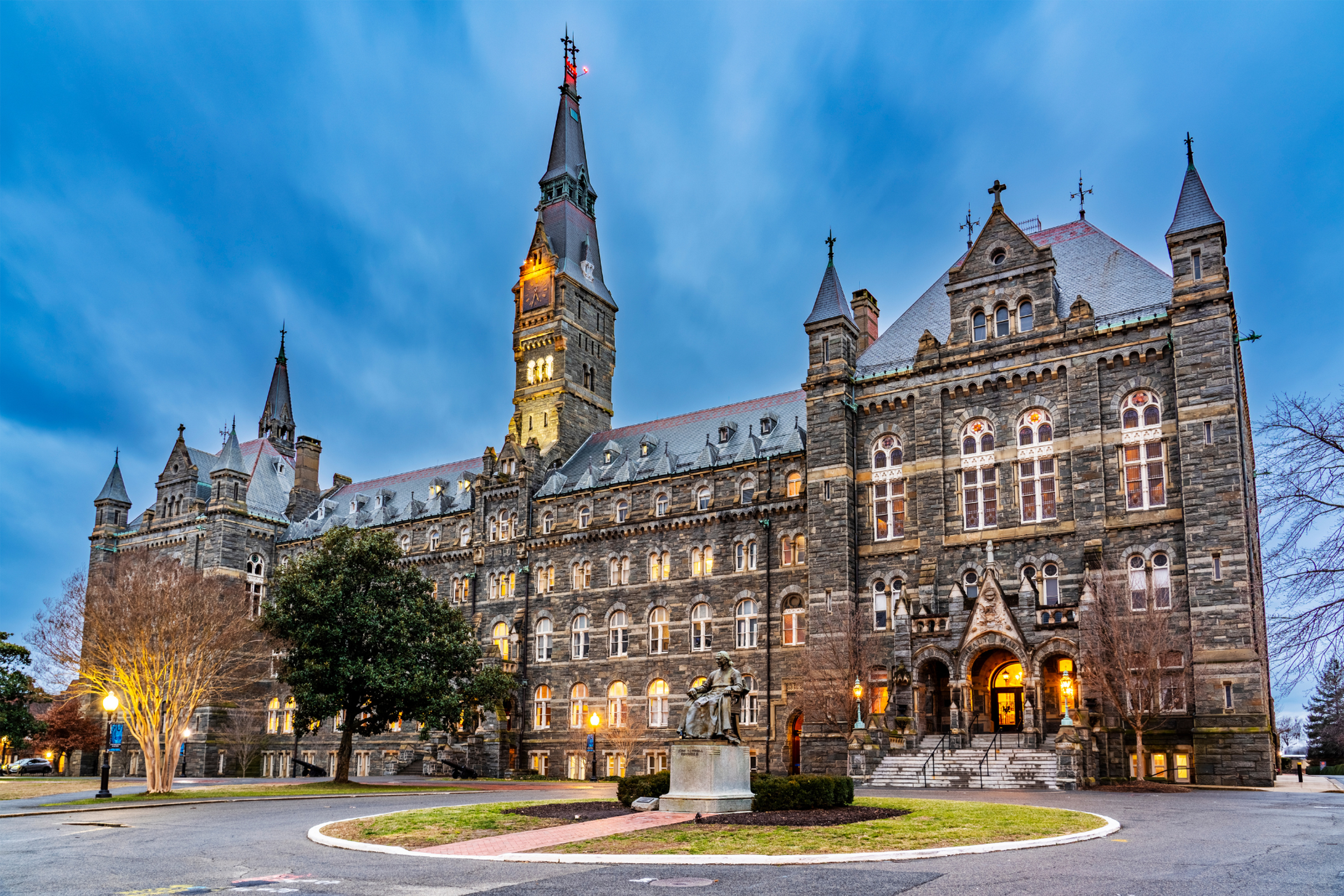Coach Q+A with Shaida H. - Former: Uber, Oracle, UCLA Anderson
Harvard MBA Cost: Tuition & Fees Breakdown (With Scholarships)
See the full Harvard MBA cost with tuition, fees, and living expenses—plus how scholarships and aid can reduce your total investment.
Posted December 29, 2025
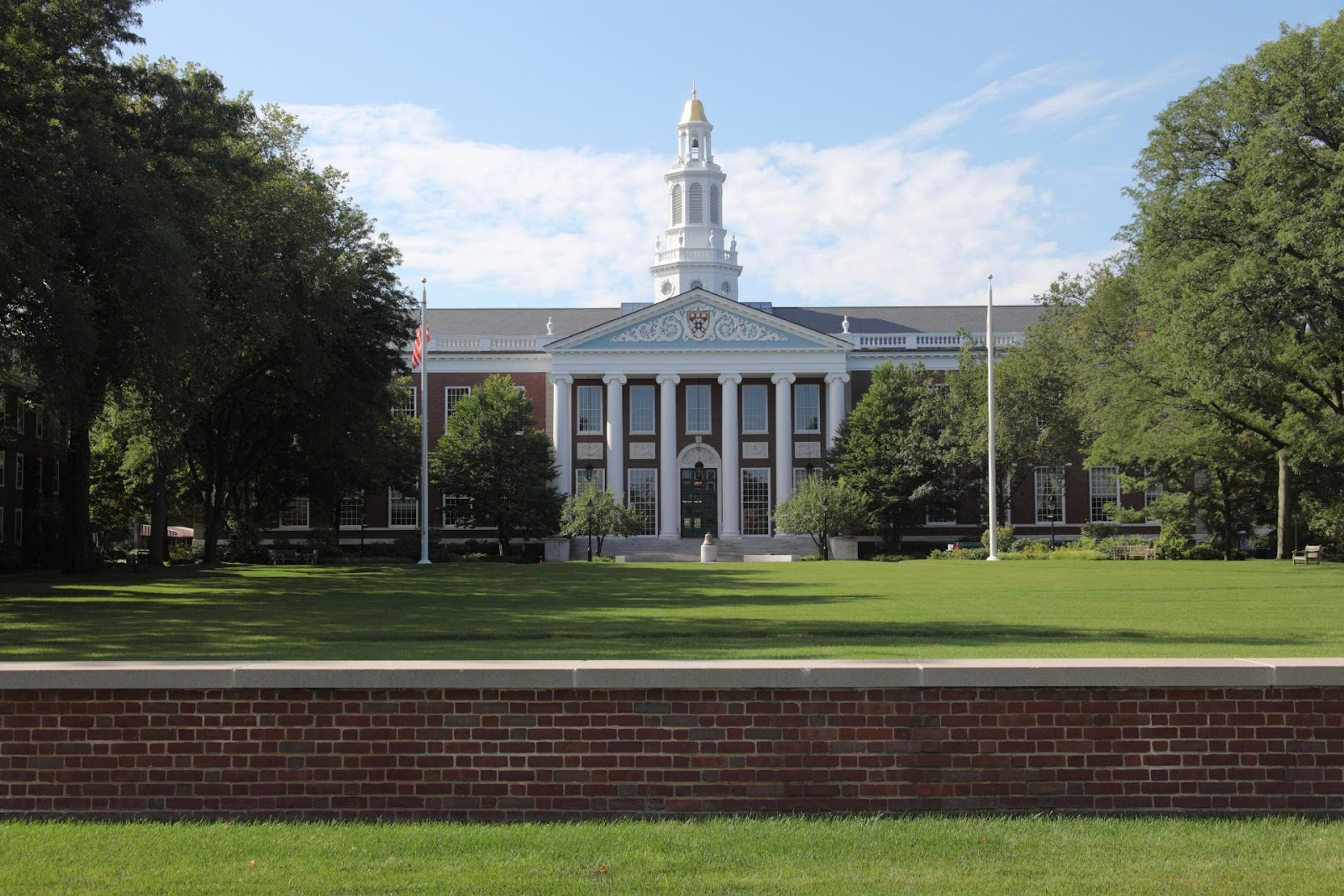
Join a free event
Learn from top coaches and industry experts in live, interactive sessions you can join for free.
Table of Contents
The Harvard MBA is one of the most prestigious degrees in the world, and also one of the most expensive. Students must factor in living expenses, health insurance, and the opportunity cost of leaving the workforce, making it essential to understand the complete financial picture.
This guide provides a clear Harvard MBA cost breakdown, explores financial aid options, and compares HBS with other top MBA programs, so you can make an informed decision about whether this significant investment is worth it for your career.
Read: Harvard Business School MBA: Acceptance Rate, Deadlines, Cost, Requirements, & Program Overview
The Full Cost of a Harvard MBA
The Harvard MBA cost is one of the most frequently asked questions for anyone considering the program. While headlines often focus on tuition fees, the total cost of pursuing a two-year program at Harvard Business School includes much more, such as living expenses, health insurance, program fees, and the opportunity cost of leaving your job. This section provides a Harvard MBA cost breakdown anchored to the official.
Harvard MBA Tuition and Mandatory Fees
For the 2025–2026 academic year, the official Harvard MBA tuition is $78,700. Beyond tuition, students are required to pay for health and program fees, including the HUHS student health fee, the student health insurance plan (unless you show comparable coverage), and the course & program materials fee.
Here’s how it looks per year (single student, 9-month academic year):
| Expense Category | Amount (2025–26) |
|---|---|
| Tuition | $78,700 |
| HUHS Student Health Fee | $1,800 |
| Student Health Insurance Plan (SHIP) | $4,308 |
| Course & Program Materials Fee | $2,800 |
| Annual Total (just tuition + mandatory fees) | $87,608 |
Over the full two-year program, tuition fees and mandatory charges add up to around $160,000 before factoring in additional costs like housing, food, and healthcare.
Note: Harvard also lists a “computer: variable, not included” category for first-year students, which may add ~$1,500–$2,000 depending on individual needs.
Living Expenses and Hidden Costs
The biggest variable in the Harvard MBA fees isn’t tuition, it’s living expenses. Harvard estimates $32,000–$35,000 per academic year for a single student living in Boston/Cambridge. This figure covers housing, food, and other living expenses like transportation.
Real-world insights from Quora discussions show that living costs can vary depending on whether you live in on-campus housing or rent an apartment with roommates. Some students spend closer to $25,000 per year by sharing an apartment and cooking at home, while others spend upwards of $40,000 if they prioritize location or lifestyle.
Add to that the student health insurance plan (required unless you demonstrate comparable coverage), which costs about $4,100 annually. If you have spouses or dependents, healthcare and housing costs can climb significantly.
Then there are the hidden costs:
| Category | Typical Range (2 years) |
|---|---|
| Clubs & student activities | $1,000–$2,000 |
| Career treks & travel | $5,000–$15,000 |
| Recruiting/interview prep | $2,000–$5,000 |
| Furniture/move-in | $1,000+ |
| Additional costs total | $10,000–$25,000+ |
Opportunity Cost: The Salary You Give Up
A Harvard MBA cost breakdown isn’t complete without considering opportunity cost. The average pre-MBA salary for admits is roughly $95,000–$110,000 per year, depending on industry. Giving up two years of income means most students forgo at least $200,000 in earnings.
This is why many call the Harvard MBA a significant investment. However, when you compare it to the average starting salary for MBA graduates (around $175,000 base plus an average signing bonus of ~$30,000), the long-term ROI becomes clear.
How to Manage and Reduce Harvard MBA Costs
While the sticker price looks daunting, there are multiple financial aid options and strategies to reduce the total cost.
Harvard MBA Scholarships, Fellowships, and Financial Aid
Harvard Business School offers one of the most generous need-based scholarships among prestigious MBA programs. Roughly 50% of MBA students receive financial aid, with the average award around $46,000 per year. These awards are need-based only (no merit scholarships), determined through the HBS financial aid application and your demonstrated financial need.
| Aid Source | Eligibility | Typical Award |
|---|---|---|
| HBS Need-Based Scholarship | Domestic and international students | $30,000–$70,000/year |
| Summer Fellowships | Students in social impact/entrepreneurship internships | $8,000–$10,000 |
| External Fellowships (e.g., Forté, Fulbright) | Targeted backgrounds | Varies |
| Employer Sponsorship | Private sector firms supporting employee study | Full or partial tuition |
International students are fully eligible for HBS aid, making attending Harvard Business School more financially feasible for a broader pool of candidates. Indian students in particular often combine HBS need-based awards with loan options from Indian banks or other organizations.
For those financing through loans, HBS supports federal loans (for U.S. citizens) and offers a loan reduction program for graduates entering low-paying fields such as the Social Enterprise Initiative. These provide financial support beyond the core scholarships.
Read: MBA Financial Aid: How to Pay for Business School
Budgeting Tips for MBA Students
Beyond scholarships, here are tactical budgeting strategies used by most students:
- Housing hacks - live in HBS dorms or share with roommates to cut costs by 30%.
- Leverage student discounts - use the Harvard University student ID for public transit, gym, and cultural events.
- Travel plan - create a separate fund for treks and trips so you don’t overspend.
- Part-time job - while limited by visa for international students, domestic students can work in research or assistant roles (around $15–$20/hour) to help cover expenses.
Sample monthly student budget (single student):
| Expense | Monthly Estimate |
|---|---|
| Housing (shared apt) | $1,400 |
| Food | $600 |
| Transportation | $150 |
| Health insurance | $340 |
| Miscellaneous | $300 |
| Total | $2,790 |
Cutting the Harvard MBA cost is not just about scholarships but also about having the right guidance to position yourself for success. Our coaches combine insider admissions knowledge with proven results at the most prestigious MBA programs.
- Yvette R. – Harvard MBA admissions expert with 10+ years of experience and 300+ M7 admits, specializing in authentic storytelling and goal-setting strategies.
- Helaman P. – Current HBS MBA candidate and former consultant/data analyst with a track record of helping clients land admits at HBS, GSB, and Wharton.
- Zack H. – Harvard MBA with deep experience in private equity, investment banking, and startups, guiding applicants to ace competitive M7 finance-focused applications.
The Value of a Harvard MBA
ROI of a Harvard MBA: Is It Worth the Price?
When evaluating the Harvard MBA cost, the key question isn’t just “How much will I pay?”—it’s “How quickly will I earn it back?” The return on investment (ROI) of an HBS degree has historically been among the strongest of any MBA program worldwide, but it varies depending on industry choice, risk appetite, and how much debt you take on.
Average Post-MBA Salary and Signing Bonus
For the Class of 2025, Harvard MBA graduates make a median base salary of $184,500. 58% of graduates got a signing bonus, with a median of $30,000, and 67% earned a performance bonus with a median of $46,125. When you add these up, many graduates can expect to make between $210,000 and $225,000 in their first year, depending on the industry.
Industry Breakdown:
- Consulting: Median salary of $190,000, plus bonuses.
- Finance: Base salary of $175,000, with big bonuses that push total pay higher.
- Tech & Product Management: Median salary of $158,000, plus signing bonuses and equity.
Looking ahead, 2026 graduates can expect similar salary levels and strong earning potential, making Harvard’s MBA a smart investment.
Long-Term Career Earnings Trajectory
The real ROI comes not from the first year out, but from the compounding effect over time. Research from Poets & Quants and PayScale suggests that MBA graduates from HBS can out-earn non-MBA peers by $2–$3 million over a 20-year horizon. Alumni in leadership tracks, partners at consulting firms, managing directors in finance, or founders of successful ventures regularly report career earnings that dwarf the initial total cost of attendance.
Alumni outcomes by industry:
- Consulting - Nearly 25% of HBS graduates join MBB (McKinsey, Bain, BCG) or strategy units of top firms. These paths offer rapid salary growth, with post-MBA consultants reaching $250k+ all-in within 2–3 years.
- Finance - Investment banking and private equity placements remain strong, with first-year associates often landing $250k–$300k packages. Private equity and hedge funds carry even higher upside, though roles are competitive.
- Tech - Roles in product management, operations, and leadership at firms like Amazon, Google, and Microsoft provide strong six-figure salaries plus equity, often a better long-term bet for those seeking growth rather than immediate cash.
- Entrepreneurship: HBS has produced thousands of founders. While riskier, the global alumni network and access to venture funding via HBS’s ecosystem (including the Rock Center for Entrepreneurship and alumni investors) make the potential upside enormous.
Payback Period Calculation: Earnings vs Cost Let’s run a simplified payback period calculation for a student: • Total upfront cost of Harvard MBA (2025–26): ~$250,000 (tuition, fees, living, hidden costs) • Opportunity cost (2 years of forgone salary at ~$100k/year): ~$200,000 • Total investment: ~$450,000 Now compare with post-MBA earnings: • Year 1: ~$200k total comp • Year 2–3: ~$220k–$250k total comp, depending on industry trajectory • By Year 4–5 post-MBA, many graduates have already matched or exceeded their full investment, particularly in consulting and finance. For those entering lower-paying fields (nonprofit, social enterprise), the ROI timeline stretches longer, but HBS’s loan reduction program and summer fellowships significantly reduce the financial burden.
Harvard MBA Costs Vs. Other Top Programs
How does the Harvard MBA tuition compare? While HBS is expensive, it’s not always the priciest among other top business schools.
| School | Tuition (2025–26) | Estimated Total Cost / 1 Year COA* | City & Living Cost Notes |
|---|---|---|---|
| Harvard Business School | $78,700 | $126,536 for a single student (9 months COA) | Boston area (high housing, utilities) |
| Stanford GSB | $85,755 | ~$135,771 total COA (single) | Palo Alto / Bay Area (very high) |
| Wharton (UPenn) | $87,970 + $4,850 university fees = ~$92,820 tuition & fees | ~$132,404 (tuition + living etc) | Philadelphia (moderate compared to West/South) |
| INSEAD | €103,500 (August 2025 intake) | 1-year program: all-in cost ~€103,500 + living & campus costs (converted) | Fontainebleau / Singapore / France / Singapore campuses (living cost varies) |
| MIT Sloan | (Not explicitly broken out in the latest results I found) | (Comparable in cost to top US programs, high local Cambridge/Boston living costs) | Cambridge/Boston – high housing and living costs |
Interestingly, HBS has among the lowest tuition fees within the U.S. M7, though Boston’s living costs push the total cost close to peers.
The Bottom Line
Choosing Harvard means weighing a significant investment against the unparalleled outcomes of one of the most prestigious MBA programs. For many, the MBA program is “worth it” thanks to accelerated career progression, access to elite employers, and lifelong connections. But it’s not for everyone; those with strong trajectories in the private sector or debt concerns may want to carefully consider their job role ambitions before enrolling.
Plan How You’ll Pay for It With the Help of Experts
The Harvard MBA cost is more than just tuition; it’s a holistic financial journey. Don’t leave planning to chance. Work with a coach who understands business schools, MBA students, and how to maximize financial aid options.
Expert coaches can guide you through scholarship strategies, ROI analysis, and tactical budgeting, helping you not just cover expenses but thrive during the MBA.
Browse MBA coaches here. Also, check out MBA bootcamps and free events for more effective strategies you can apply.
See: Top 10 MBA Consultants for Harvard Business School
Read these next:
- Harvard MBA Interview Guide — From an Ex-HBS AdCom
- How I Got Into Harvard Business School With Low Test Scores
- The HBS Waitlist Strategy
- Harvard MBA Application Deadlines
- HBS 2+2 Deferred MBA Essay Prompts & Tips
- How to Write the HBS Essays: Prompts, Tips, and Examples from Admits
FAQs
Is a Harvard MBA worth the cost in terms of career ROI?
- Yes, for most students, the earnings jump after graduation offset the total cost within 3–5 years. With salaries over $175k and bonuses, the ROI is among the best of any MBA.
How do most students pay for a Harvard MBA?
- A mix of financial aid, loans, personal savings, and sometimes employer sponsorship. Roughly half receive need-based scholarships directly from HBS.
What’s the best way to decide if I can afford a Harvard MBA?
- Review the official cost of attendance, estimate your opportunity cost, and factor in likely scholarships. Creating a cost breakdown with both fixed and additional costs will clarify affordability.
Can international students get financial aid for a Harvard MBA?
- Yes, international students are eligible for the same various financial aid options as U.S. applicants. Many also use external fellowships or loan options from banks.
How long does it typically take to recoup the cost of a Harvard MBA?
- Most graduates cover the significant investment within 3–5 years, depending on the industry. Consulting and finance careers typically accelerate repayment, while social impact may take longer, but benefit from summer fellowships or the loan reduction program.














